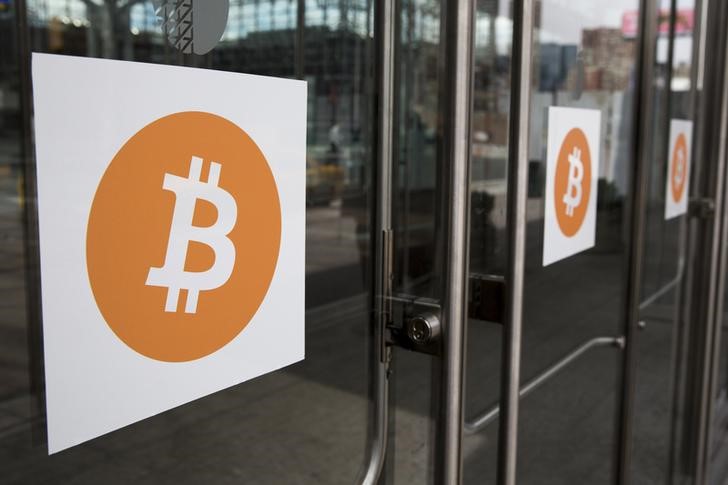U.Today - In his recent "ask me anything" session, Changpeng "CZ" Zhao, CEO of the world's largest exchange Binance (BNB), shared his concerns about the segments of centralized and algorithmic stablecoins and indicated possible ways of mitigating these risks for his firm.
U.S. Dollar Tether (USDT) remains black box, CZ admits
Changpeng Zhao has not seen any audit reports of U.S. Dollar Tether (USDT), the largest stablecoin by market capitalization. As such, the third biggest cryptocurrency is a "black box" associated with a "certain" level of risk.He also added that the majority of his counterparties and colleagues had not seen any audits for USDT either. That is why the Binance (BNB) team started issuing Binance USD (BUSD) stablecoins, which were shut down by the SEC.
Decentralized stablecoins are not the solution to the problem "by default." CZ recalled the tragedy of , which was "poorly designed, poorly executed, and poorly maintained."
At the same time, a small unit in Binance's (BNB) team is actively exploring the instruments of algorithmic stablecoins of the new generation, he admitted.
Also, CZ recalled the initiative of Hong Kong-regulated USD-pegged stablecoin FDUSD, one of the first fully regulated digital currencies pegged to a fiat asset.
Binance (BNB) should work with as many stablecoins as possible, no focus on "single bet"
However, Binance's CZ admitted that he cannot rely on this or that stablecoin entirely. As such, working with a variety of stablecoins of different types remains the only way to eliminate the necessity for a "single bet" and helps in mitigating risks for users and businesses.Also, Binance (BNB) is using Dai (DAI), the largest algorithmic stablecoins in some ways, CZ added:
Binance's (BNB) main stablecoin, is the fourth largest asset of this type, surpassed only by USDT, USDC and DAI. Its net market capitalization exceeds $3.7 billion as of July 2023.
As covered by U.Today previously, Binance (BNB) delisted pairs with for its Liquid Swap AMM-powered trading module due to a liquidity shortage.
